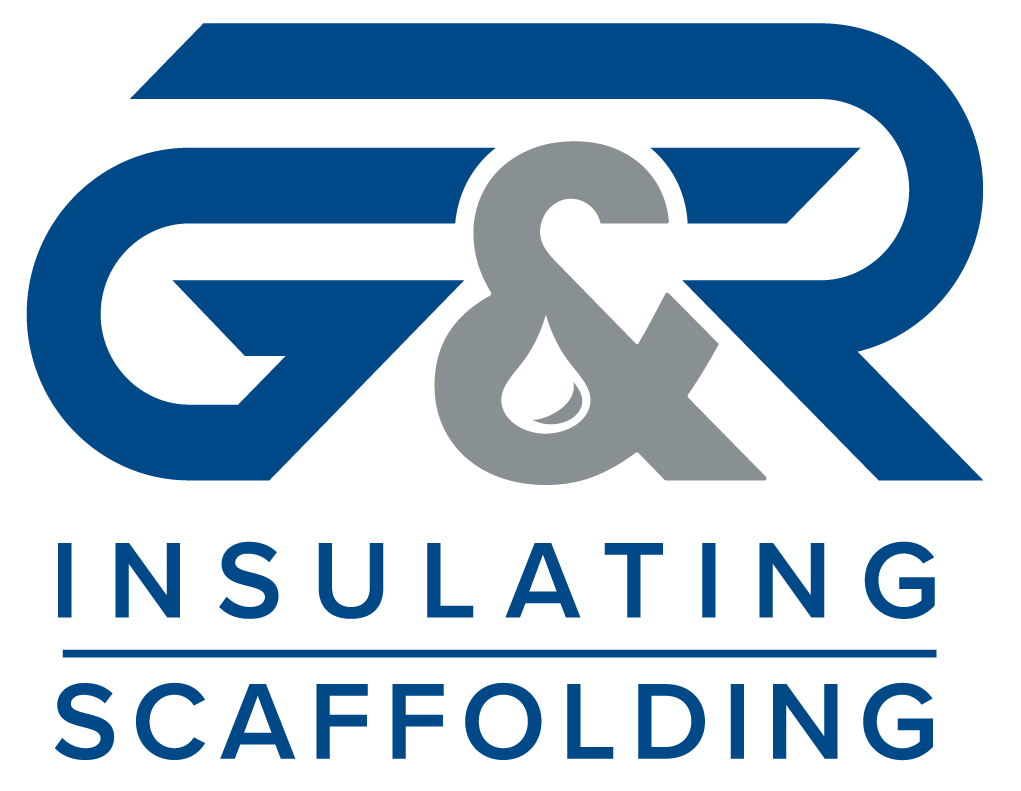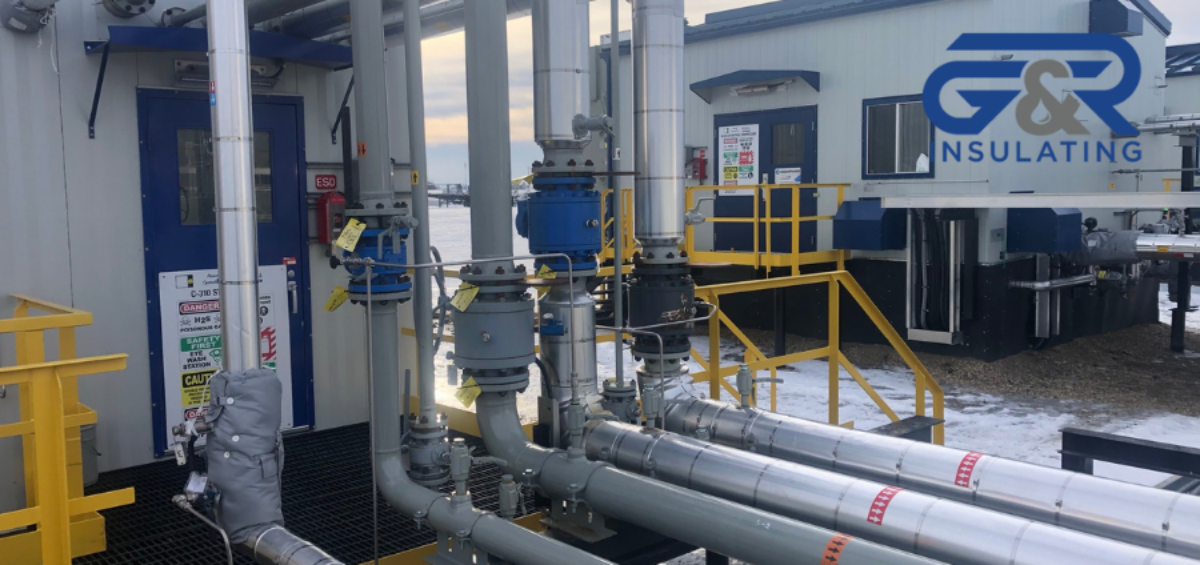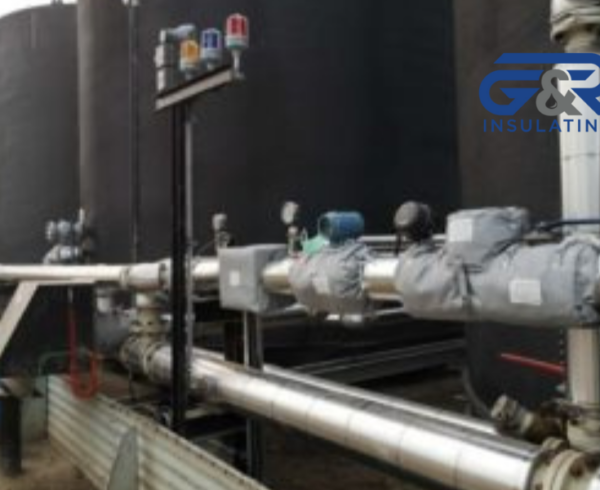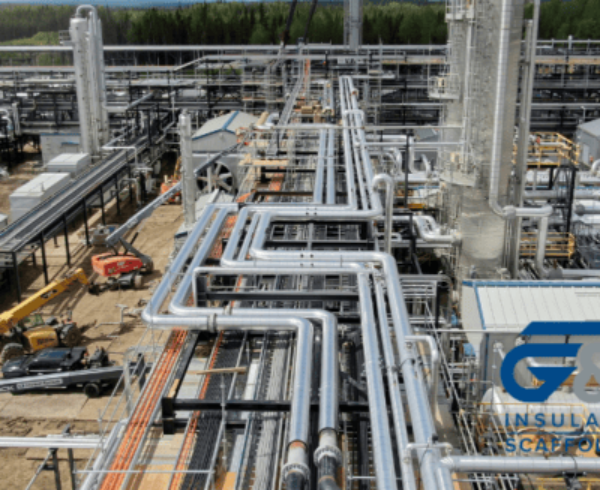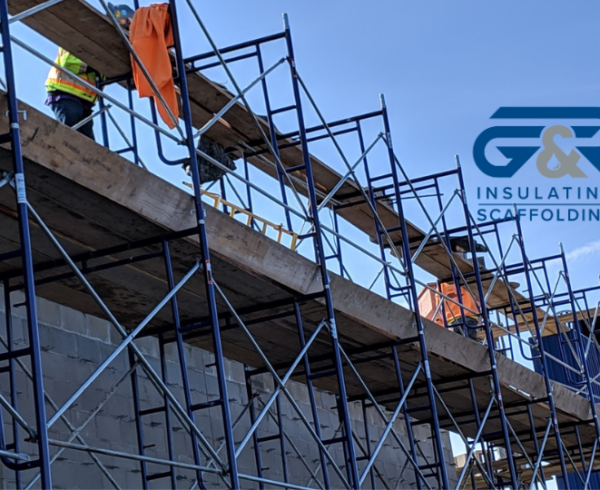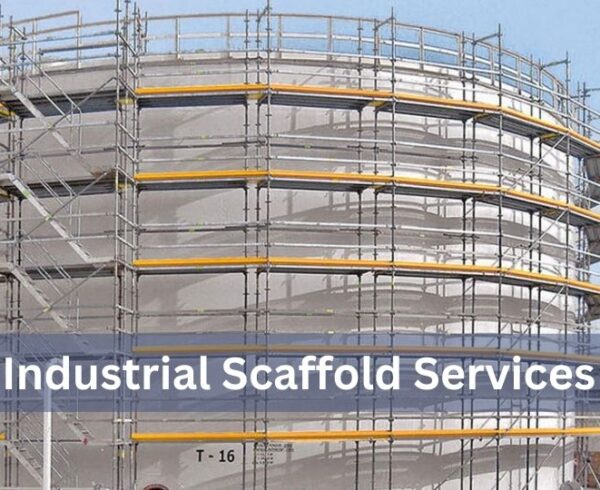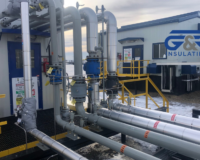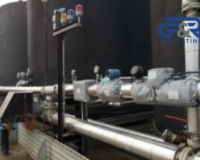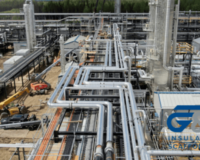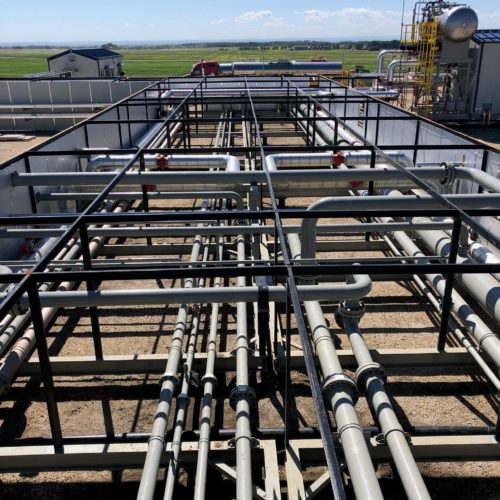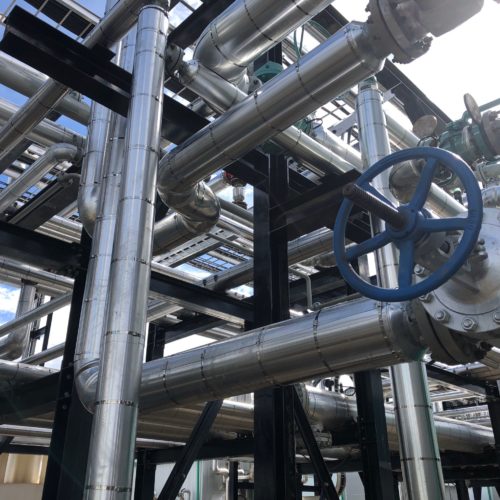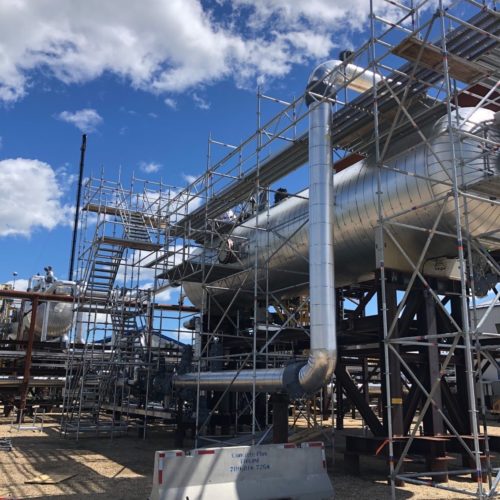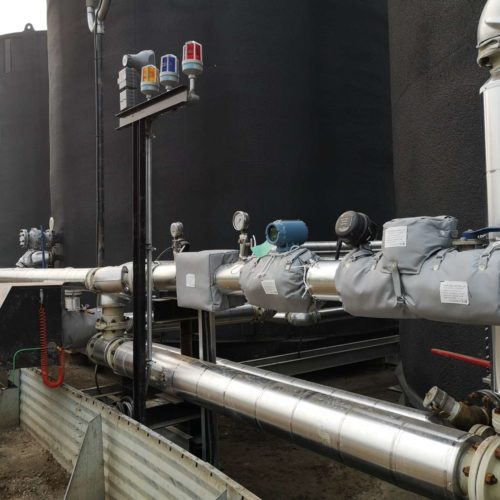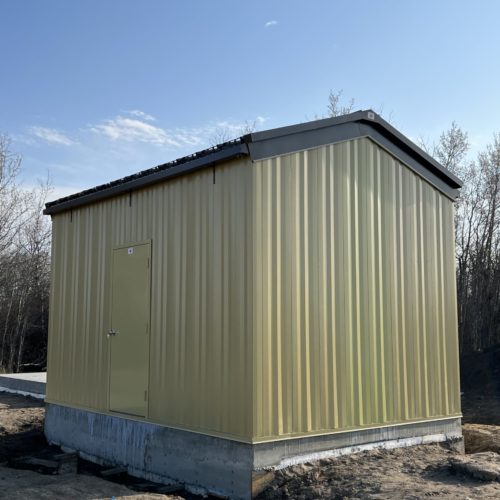We get it — when you hear the term mechanical insulation, you may not have a clear understanding of what it actually is. Mechanical insulation is nothing but overall material used to serve the purpose of covering the pipes, ducts, and equipment. It holds things like heat or cold inside the system where they belong, making the system more energy efficient, facilitating everything operating together seamlessly. It is a crucial component of buildings, factories, and oil fields.
In this article, we shall take you through what is mechanical insulation, what is its necessity and how does it work. Let’s take it into simple parts to understand it!
Overview of Mechanical Insulation
Mechanical insulation refers to any material that is used to insulate pipes, tanks, or other mechanical systems. The lens can be fiberglass, foam, rubber… the materials vary as much as the beam tubes. The primary goal is to maintain stable temperatures. In cooler regions, for instance, it stops heat from escaping, meanwhile in hotter regions it prevents heat from coming through.
Importance of Mechanical Insulation?
The following are some major categories as to why mechanical insulation is so critical. Here’s how it helps:
Energy Efficiency
Unlike conventional heaters, properly insulated pipes and tanks keep the heat or cold inside, reducing the need for extra heating or cooling. This can reduce energy bills by better integrating systems.
Safety
Insulation protects people too. Without insulation, pipes and tanks can become so hot or so cold that touching them becomes dangerous. Insulation maintains these temperatures at a safer threshold.
Longer Equipment Life
This helps protect against damage from the equipment. In cold weather, pipes can burst because they freeze if they are not insulated. Sealed insulation maintains temperatures, providing protection to the equipment and increasing the life of the equipment.
Mechanical Insulation – Where is it Used?
Why Choose Pneumatic Insulation for Mechanical Applications? << Mechanical insulation is used in numerous locations, both in residential and industrial settings. These are the most common places you will find it:
In Buildings
Mechanical insulation is used on pipes transporting hot water, cold water or steam in buildings. Insulation keeps pipes at optimum temperatures and keeps energy from escaping. It also aids in noise reduction for HVAC systems.
In Oilfields
Mechanical insulation is used in oilfields in equipment used to process liquids — oil, gas and so on. It helps regulate temperatures, so the system can operate efficiently and safely. It also keeps harmful chemicals from getting away.
In Factories
Mechanical insulation is used in factories in large machines and duct works. This helps guard against overheating or freezing, any of which could halt production. This also helps contain noise and creates a more comfortable factory environment for the workers.
How Does it Work in Mechanical Insulation?
Mechanical insulation function by providing a barrier that resists the flow of heat or cold. Take a pipe or tank for instance, when you insulate a pipe or tank, the insulation material traps air inside which acts like a barrier. This retards the passage of heat from the interior of the system to the exterior (or the reverse).
Depending on the job, there are different types of insulation materials used. Some materials work better for keeping heat contained, while others are better for keeping things cool. The system it’s applied to and the temperature it will experience determine the choice of material.
Mechanical Insulation Materials Types
Different types of materials for mechanical insulation are used, each serving a different purpose. Here are some common options:
Fiberglass Insulation
One of the most commonly used materials for this purpose is fiberglass as it is fairly light weight and easy to maneuver. It’s also good at holding heat in pipes and ducts. Also, it can be used as soundproofing material.
Foam Insulation
For colder foam systems, like chilled water, foam insulation is generally preferred. Foam works well keeping cold in and stopping moisture from condensing, which leads to rust and other damage.
Mineral Wool Insulation
Mineral wool (some call it rock wool) is utilized in high-temperature environments. It’s fireproof and can withstand very hot systems, such as steam pipes or industrial equipment.
Rubber Insulation
For flexible and moisture resistant insulation use rubber. It is often used on smaller pipe and equipment needing a strong barrier to heat and cold.
Uses of Mechanical Insulation
Mechanical insulation is employed across the industries for different needs. Some of the more common uses include:
Oilfield Buildings
Mechanical insulation on oilfield over tanks, pipes and equipment. Therefore, insulation keeps the circles in the temperature at which they should be, as well as avoid condensation which could generate corrosion.
Glycol Tubing Installation
Glycol is in cooling systems, and insulation maintains fluid temperature. Mechanical insulation is wrapped around glycol tubing to prevent the fluid from freezing or overheating.
Utilidors
Utilidors, or utility corridors, are pipes or tunnels used to convey utilities such as water, electricity, or gas. Insulation keeps the systems within those utilidors at a specific temperature and prevents energy from leaking out. To learn more about utilidors, check out our Utilidors services.
Vessel and Tank Insulation
Once again we see vessels and tanks used in chemical plants and factories. Insulating these large systems keeps the temperature up inside each, preventing liquids inside from cooling down, or heating up too much. That makes the system not only more efficient but safer as well.
Insulated Blankets
In many industrial applications, workers use insulated blankets to cover pipes and components. These blankets offer more flexibility than foam or spray and allow workers to easily remove or adjust them to insulate hard-to-reach areas.
Scaffolding Services
To blow in or install insulation, sometimes scaffolding is necessary. Workers use it in large commercial plants or job sites where they need to install insulation high up on ceilings or walls. For more information, visit our contact page.
Conclusion
The mechanical insulation keeps systems protected, efficient, and durable in buildings, factories, and oilfields. A well-insulated space lowers energy costs, maintains occupant safety, and extends equipment life.
In G&R Insulating, services are around mechanical piping insulation, oilfield buildings, glycol tubing installation, utilidors, vessel and tank insulation, insulated blankets, and scaffolding. With an experienced team and well-trained staff, every job is done with safety in mind and the assurance of quality work.
